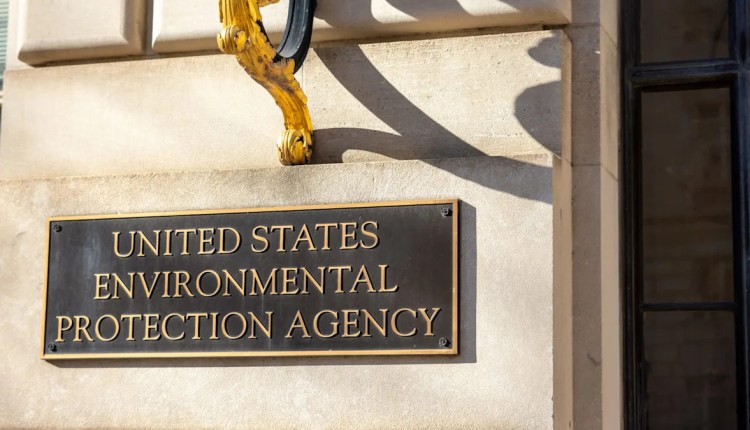
Unknown to the Public
TL/DR –
The US Environmental Protection Agency (EPA) has proposed ending a federal program that required over 8,000 large facilities to report their greenhouse gas emissions, a move it claims could save up to $2.4 billion in regulatory costs. Critics argue that this could eliminate a crucial national tool for tracking emissions from the country’s largest polluters, potentially undermining public understanding of how industries contribute to global warming and related regulation. While the proposal is under public comment, states like California and New York who maintain their own reporting programs may have to expand them if federal requirements are scrapped.
The EPA Proposes to End a 15-Year-Old Emissions Reporting Program
Recently, the Environmental Protection Agency (EPA) has suggested terminating a federal program that has been in operation for 15 years. This program mandates thousands of large facilities to report their heat-trapping gases emissions, as The Washington Post has stated.
What are the Details?
Since 2010, over 8,000 facilities such as power plants and refineries have been required to disclose their yearly pollution output, in an effort to combat climate change. The EPA, currently under the leadership of Lee Zeldin, has suggested this rollback as a cost-cutting measure, stating it could reduce regulatory costs across the industry by as much as $2.4 billion, according to their September 12 announcement.
However, environmental advocates have warned that such a move would undermine the ability to track emissions from the nation’s largest contributors to pollution. David Doniger of the Natural Resources Defense Council articulated this concern to the Washington Post, “What the public doesn’t know, they can’t demand be regulated.”
Implications of the Proposal
Without transparent reporting of emissions, communities will be unable to monitor the degree of pollution in their air. This data serves as the foundation for understanding how the industrial sectors impact global warming and for formulating regulations that limit pollution linked to respiratory diseases, harmful heat, and destructive weather events.
In 2008, Congress mandated this reporting program recognizing the importance of accurate information in any credible pollution reduction plan. Its potential termination creates a significant gap in the nation’s environmental oversight, particularly as health experts are warning of worsening air quality and increased strain on hospitals due to hotter summers.
Critics also argue that the current administration’s other rollbacks have already diminished the oversight of oil and gas operations, leading to increased risks, especially for communities at the frontline.
Response to this Proposal
Before the proposal can be finalized, a period of public comment will be opened which allows residents, health groups, business owners and others an opportunity to give feedback. Details about the comment process will be published on the EPA website and in the Federal Register.
Meanwhile, certain states such as California and New York already have their own emissions reporting programs in place. These could be expanded should the federal requirements be abolished. The Inflation Reduction Act has already initiated clean energy projects, while local governments across the country are also making efforts to reduce pollution.
If the federally-required reporting program is abolished, communities may need to depend on local governments and watchdog groups for environmental data. Household decisions such as supporting community solar programs or opting for efficient home appliances can also contribute to reducing reliance on polluting industries.
Join our free newsletter for more news and helpful tips on easy ways you can help the planet while also helping yourself.
—
Read More US Economic News
